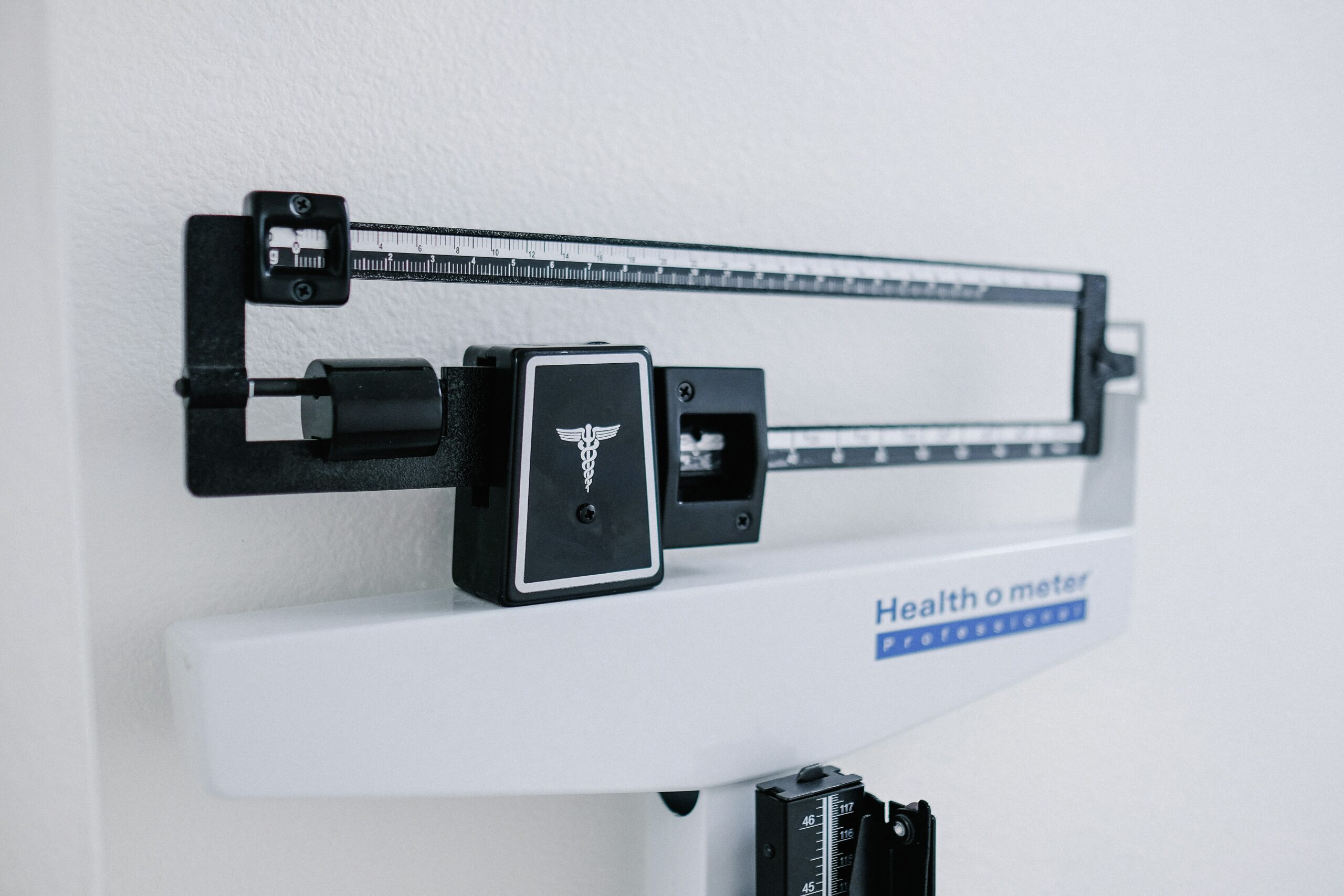
Fano (PU) – Educating children from an early age to a healthy and balanced diet, to prevent disorders or pathologies that are then difficult to cure and to make families aware of how important physical activity is, starting from adolescence.
An important warning is launched by psychologist, psychotherapist, doctor of motor sciences, and philosopher Sammy Marcantognini, “In Italy, despite adopting a Mediterranean diet and the quality of food being high – says Marcantognini – there is one of the highest rates of childhood obesity in Europe. The reasons for this problem are many: from the frenetic world in which we live, which does not allow parents to always be present when their children sit at the table for lunch or dinner, to the little patience that they have in trying to convince their children about what is right or wrong to eat. Much of my work is based on creating a ‘culture of prevention’ and explaining to families what the right approach is to try to control and manage the onset of eating disorders, first and foremost obesity, addressing affective dynamics, and developing parent-child communication strategies. The mind and body are deeply connected, and our psychological state can directly influence fundamental bodily functions such as the sense of hunger and satiety. In conditions of stress, anxiety, depression, or other psychological problems, hunger signals can be distorted, leading to dysfunctional eating behaviors.
Chronic stress causes an increase in levels of cortisol, the stress hormone, which can alter eating behavior. For some people, increased cortisol leads to a craving for foods rich in sugar and fat (comfort foods), while others may experience a total loss of appetite.
Anxiety is often associated with difficulty managing appetite. Some individuals may overeat as a mechanism to calm themselves, while others may develop nausea or a physical block that makes eating difficult. This alteration can be worsened by disorders such as generalized anxiety disorder or obsessive-compulsive disorder.
Depression can affect you in different ways: some people lose interest in food completely (hypoxia), while others find comfort in eating, leading to overeating. These changes are due to chemical imbalances in the brain, such as those related to serotonin and dopamine, which regulate both mood and the sense of hunger.
Psychological conditions such as anorexia nervosa, bulimia nervosa, and binge eating disorder (BED) are characterized by an altered relationship with food. In these cases, the sense of hunger and satiety is profoundly compromised and often disconnected from the real physiological needs of the body.
A common phenomenon is emotional hunger, where people eat not because of real physiological needs, but to deal with negative emotions such as sadness, boredom, loneliness, or stress. This behavior can lead to a harmful cycle of overeating followed by feelings of guilt and further emotional distress.
To counteract these effects approaches such as mindfulness and intuitive eating are gaining popularity. These methods teach people to recognize the body’s signals of hunger and satiety and to distinguish physical hunger from emotional hunger.
In many cases, addressing the root problems through psychotherapy or other forms of psychological support is essential to re-establishing a healthy relationship with food. Techniques such as cognitive behavioral therapy (CBT) are particularly effective in helping people manage the link between emotions and eating habits.
If left untreated, these alterations can lead to physical complications, such as obesity or malnutrition, and further aggravate existing psychological conditions. This highlights the importance of an integrated approach that combines psychological support, nutritional education, and, if necessary, medical interventions.
Lending a helping hand to Marcantognini is the Nutritionist Dr. Laura Rinaldi, a specialist in the field of nutrition, who teaches mothers, who usually take care of the shopping and preparation of the family’s daily meals, in detail which foods are to be preferred and which to avoid, specifically in the sports sector. So it is important to know what to eat before and after physical activity, which foods are useful for replenishing lost fluids, and which to limit to improve performance. What is meant by balanced nutrition, how to prevent metabolic disorders and eating disorders, and how to keep weight down? The doctor gives many practical tips and simple and quick recipes to always bring a balanced, healthy, fresh meal to the table. All of this.
